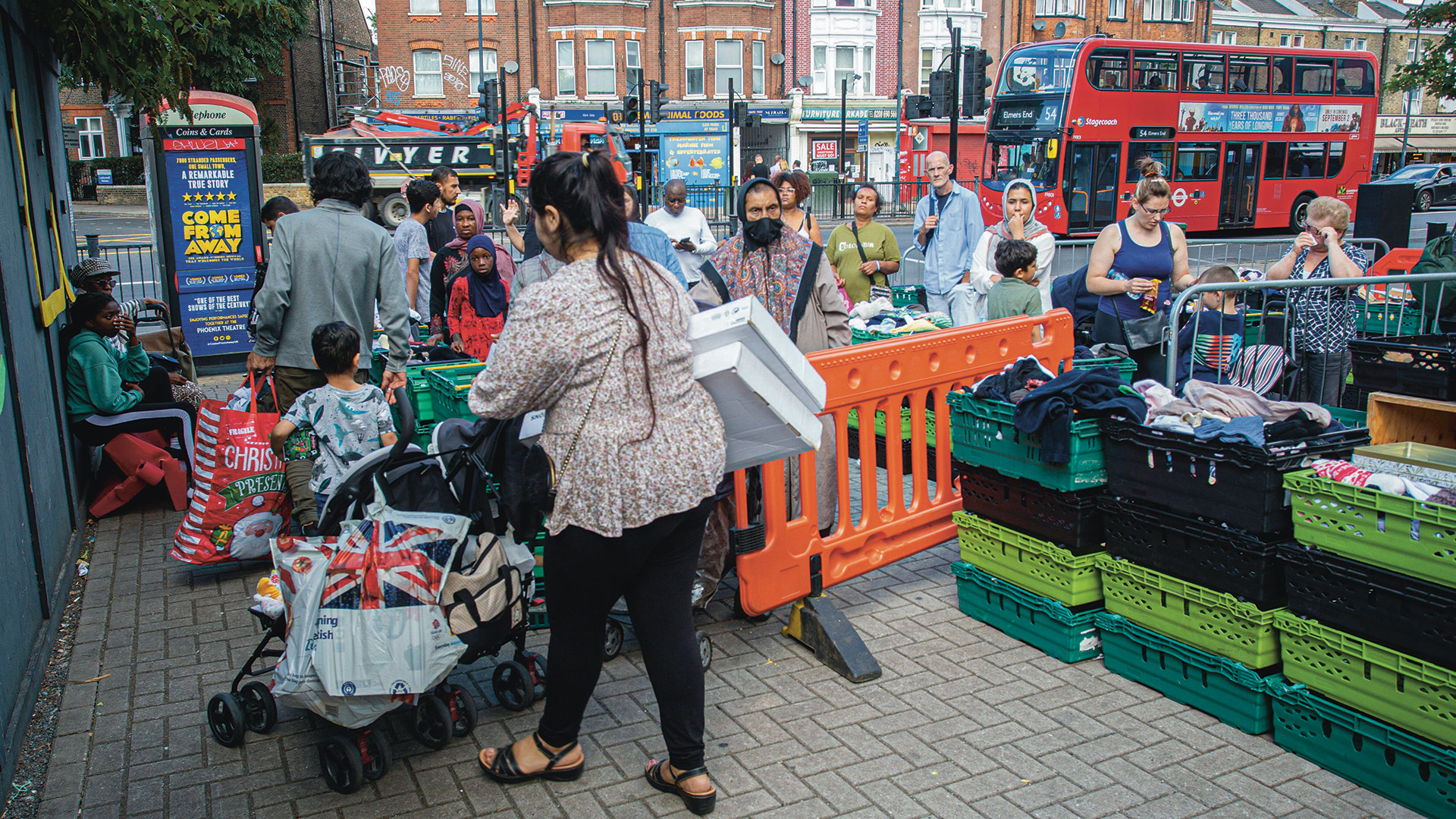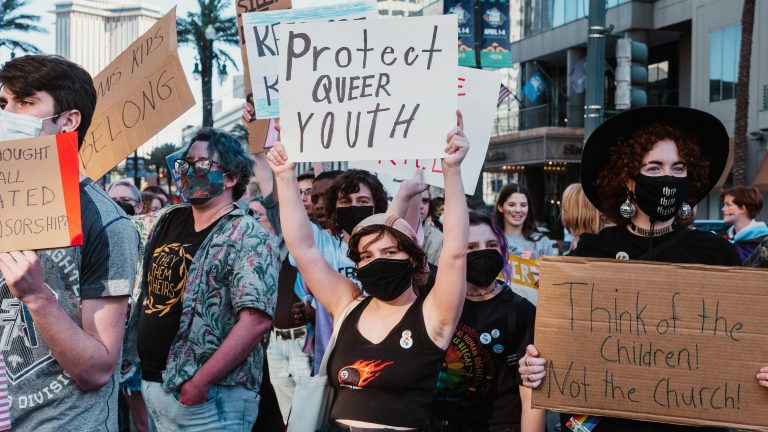This crescendo of a day, Wednesday May 17, when we launched our ‘All-Party Parliamentary Group’ – an APPG – did not disappoint. Even if it was un-slick, or clumsy, or seeking clarity when clarity was hard to achieve, it served its purpose well. It launched upon the world in as best a form as it could. If people want to know what the launch of The Big Issue was like, watch the beginning and growth of this, our ‘Business Response to a Social Crisis’ APPG. If you want to know what it’s like to have an idea and then throw it out into reality and watch it prosper, clumsily and stumblingly, towards a purpose, then our coming months will be informative. Yes, our APPG, which we have launched with Labour MP Bambos Charalambous, is momentous, and potentially up there with the launch of The Big Issue. Why? Because its essential essence is about changing the stumbling and bumbling and wasteful governmental response to social crises. And to do that we ourselves must stumble and learn towards undermining the received wisdom of governments that spend billions on keeping people in poverty and permanent crisis.
Your support changes lives. Find out how you can help us help more people by signing up for a subscription
That rarely sculpts and refines exits from poverty, but straddles the problem of poverty rather than end it. But this is not me adding my three pennies worth of ire at the current government. No, it is more that the blunt tools and the wrong departmental shape of government intervention can only produce this indifferent and lacklustre outcome. In other words whatever government was in power, using its government departments the way they are used traditionally, would lead to the clumsy job we do as a society in countering poverty.
The reinvention of government is the soundest call we can and should make today. Governments must be made ‘businesslike’; that does not mean privatising the NHS or other chunks of governmental armoury. It means being thoughtful and careful in how you spend your money.
It means investing in prevention and not to leave people in the stew of poverty for a day longer than need be. It means taking a sharp and candid look at what is actually happening with the monies that are paid out to close on 20 million people who receive some form of state support. Much of that goes in pension. But a decidedly large part of it is about helping people JUST about manage the life of being poor.
- John Bird: The evidence suggests we’re not closing in on poverty
- Everyone is afraid of poverty, so why haven’t we declared war on it?
- Food poverty in the UK: The causes, figures and solutions
If keeping people in poverty is a cheap option to investing in getting people out of poverty, then a businesslike approach would involve looking at other costs. When 50% of the NHS budget is spent on trying to keep people in poverty as healthy as possible you can then see that not investing in ending poverty comes at a heavy price.











